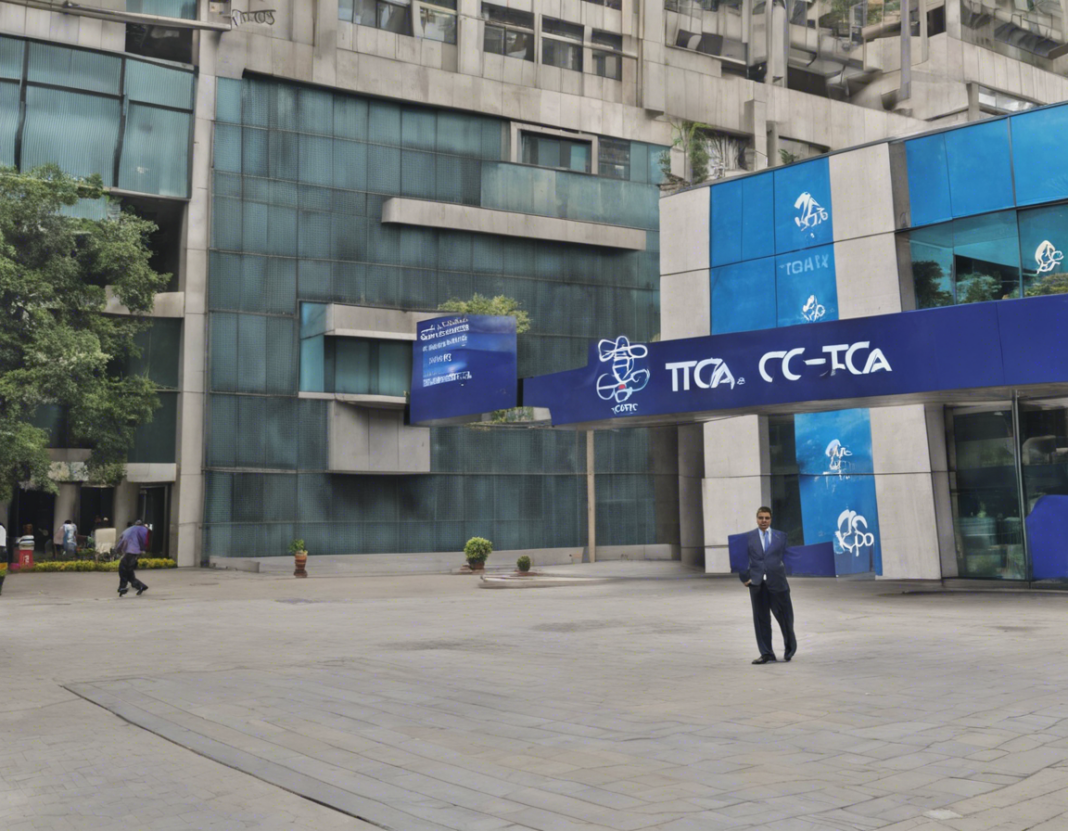Introduction
In the realm of corporate business, strategic decisions are often made to maximize profitability and focus on core competencies. One such decision that has caught the attention of the business world is Tata Sons’ divestment of Tata Consultancy Services (TCS) shares. TCS, a global IT services and consulting company, has been a flagship company under the Tata Group umbrella for several years. With Tata Sons looking to divest its shares in TCS, it raises questions about the rationale behind this move and its potential impact on both companies and the market at large.
Reasons for Divestment
-
Portfolio Diversification: Diversifying the investment portfolio is a common strategy to minimize risk and optimize returns. By divesting TCS shares, Tata Sons can reallocate capital to other promising ventures in different sectors.
-
Unlocking Value: The sale of TCS shares could unlock significant value for Tata Sons, providing liquidity that can be utilized for various purposes such as debt reduction, new investments, or shareholder returns.
-
Focusing on Core Business: Tata Sons may be looking to streamline its focus on core business areas where it sees greater growth potential. By divesting TCS shares, the company can concentrate its resources and attention on key strategic initiatives.
-
Adapting to Market Trends: The IT and technology sector is rapidly evolving, and Tata Sons’ decision to divest TCS shares could be a strategic response to changing market dynamics and the need to adapt to emerging trends.
Impact on Tata Sons and TCS
-
Financial Implications: The divestment of TCS shares will have significant financial implications for both Tata Sons and TCS. Tata Sons may experience a cash influx, while TCS may see changes in its shareholder structure and market valuation.
-
Governance Changes: With Tata Sons holding fewer TCS shares, there may be governance changes within TCS, potentially influencing decision-making processes and strategic direction.
-
Market Response: The announcement of Tata Sons divesting TCS shares could trigger market reactions, impacting stock prices of both companies and investor sentiment towards the Tata Group as a whole.
Challenges and Risks
-
Market Volatility: Selling a substantial block of TCS shares could result in market volatility, affecting stock prices and investor confidence.
-
Loss of Control: With reduced ownership in TCS, Tata Sons may have less influence over key decisions within the company, potentially leading to governance challenges.
-
Perception and Reputation: The divestment of TCS shares may raise questions about Tata Sons’ long-term commitment to its subsidiaries and impact its reputation in the business community.
FAQs:
- Why is Tata Sons divesting TCS shares?
Tata Sons may be divesting TCS shares to diversify its portfolio, unlock value, focus on core business areas, and adapt to market trends.
- What are the potential impacts of the divestment on Tata Sons and TCS?
The divestment could have financial implications, governance changes, and market responses for both Tata Sons and TCS.
- What challenges and risks are associated with Tata Sons divesting TCS shares?
Challenges include market volatility, loss of control, and potential impact on perception and reputation.
- How might investors react to Tata Sons’ divestment of TCS shares?
Investors may closely monitor the market response, stock prices, and future strategies of both Tata Sons and TCS.
- What strategic reasons could justify Tata Sons’ decision to divest TCS shares?
Portfolio diversification, value unlocking, core business focus, and adaptation to market trends are among the strategic reasons for the divestment.
In conclusion, Tata Sons’ decision to divest TCS shares marks a significant strategic move with implications for both companies and the broader market. By understanding the reasons behind this decision, the potential impacts, challenges, and risks involved, stakeholders can better assess the implications and outcomes of this corporate development. The future trajectory of Tata Sons and TCS will undoubtedly be influenced by how this divestment plays out in the dynamic landscape of the business world.
